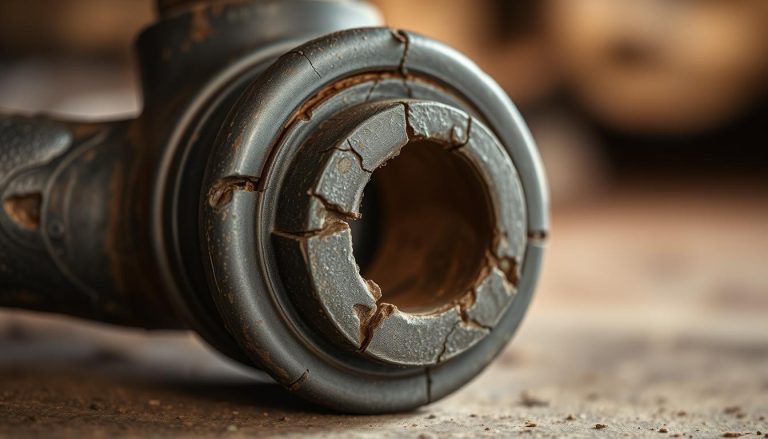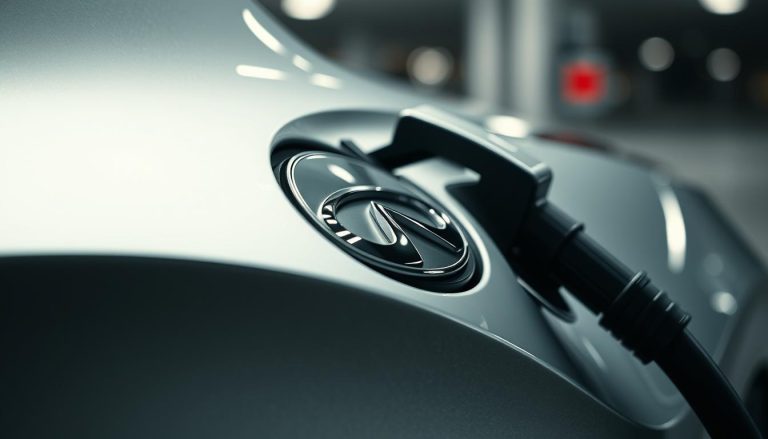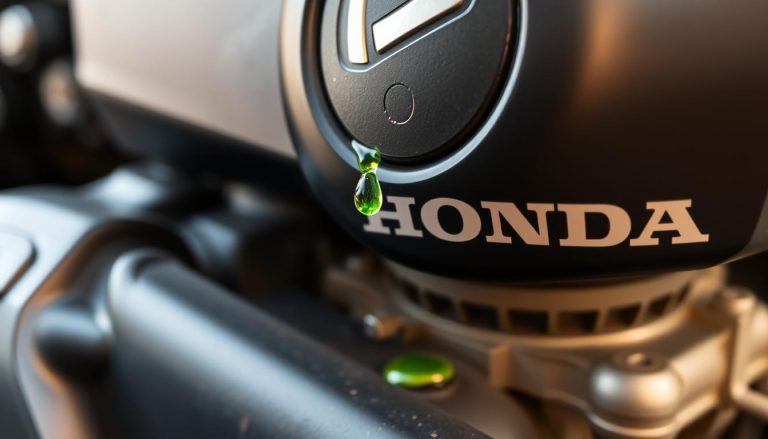If your Ecoboost is getting bad gas mileage, potential causes may include issues with tire pressure, air filters, or fuel injectors. Poor maintenance practices can also lead to decreased fuel efficiency.
Keeping up with regular tune-ups and addressing any maintenance issues promptly can help improve your Ecoboost’s gas mileage, saving you money in the long run. We will explore common reasons for poor gas mileage in Ecoboost engines and provide tips on how to improve fuel efficiency.
By understanding the factors that can impact your Ecoboost’s gas mileage and taking proactive steps to address them, you can optimize your vehicle’s performance and save on fuel costs.
Possible Causes Of Poor Gas Mileage In Ecoboost
Spark Plug Issues: Worn-out or fouled spark plugs can lead to inefficient combustion, resulting in lower gas mileage.
Air Filter Clogging: A clogged air filter can restrict airflow to the engine, causing it to work harder and use more fuel.
Impact Of Driving Habits
Aggressive driving can decrease fuel efficiency by up to 33% due to rapid acceleration and braking. Excessive idling, such as waiting for long periods without moving, wastes fuel and lowers mileage. To improve gas mileage, avoid aggressive driving habits and limit idling time.
Influence Of Vehicle Maintenance
Regular vehicle maintenance plays a crucial role in maintaining good gas mileage for your Ecoboost engine. Underinflated tires can increase rolling resistance, causing the engine to work harder and resulting in decreased fuel efficiency. Keep an eye on your tire pressure and make sure to inflate them to the recommended levels specified by the manufacturer.
Another important aspect of vehicle maintenance that can impact your gas mileage is fuel system maintenance. Dirty fuel injectors can disrupt the fuel-air mixture, leading to poor combustion and reduced fuel efficiency. It is essential to regularly clean and maintain the fuel system to ensure optimal performance.
By taking care of these maintenance tasks, you can improve your Ecoboost engine’s gas mileage and enjoy enhanced fuel efficiency, saving you money at the pump.
Role Of Fuel Quality
High fuel quality plays a crucial role in determining the gas mileage of your Ecoboost engine. The octane rating of the fuel is one important factor to consider. Octane rating is a measure of a fuel’s ability to resist “knocking” or “pinging” during combustion. Choosing a lower octane fuel than recommended for your Ecoboost engine can result in decreased fuel efficiency. Similarly, the ethanol content in the fuel can also affect mileage. Ethanol has a lower energy content compared to gasoline, which means less efficiency. Fuel with higher ethanol content may contribute to poorer gas mileage. To ensure optimal fuel efficiency, it’s important to use fuel with the recommended octane rating and low ethanol content. Regular maintenance and proper driving habits can also help improve gas mileage. Taking these factors into account can help address any concerns you may have about your Ecoboost engine’s gas mileage.
Effect Of Environmental Factors
The bad gas mileage of your Ecoboost may be due to various environmental factors, such as driving conditions, fuel quality, and vehicle maintenance. Understanding and addressing these factors can help improve your Ecoboost’s fuel efficiency.
| Temperature | Altitude |
| Cold weather can decrease fuel efficiency since engines take longer to warm up. | Higher altitudes lead to lower oxygen levels, affecting engine performance and gas mileage. |
Importance Of Proper Vehicle Loading
A properly loaded vehicle ensures efficient fuel consumption.
Cargo weight significantly impacts gas mileage.
Avoid overloading roof racks to maintain optimal efficiency.
Frequently Asked Questions Of Why Is My Ecoboost Getting Bad Gas Mileage
How Can I Get Better Gas Mileage Out Of My Ecoboost?
To improve gas mileage in your EcoBoost: 1. Accelerate gently, avoiding sudden bursts of speed. 2. Maintain a steady speed on highways and avoid unnecessary idling. 3. Keep your tires properly inflated to reduce rolling resistance. 4. Use the recommended motor oil to reduce friction.
5. Regularly maintain your vehicle, including air filter and spark plug replacements.
Why Is My Gas Mileage So Bad All Of A Sudden?
Sudden drops in gas mileage can be due to issues like low tire pressure or a clogged air filter. Regular maintenance can improve fuel efficiency.
Why Is My Gas Mileage Getting Worse In My F-150?
Your gas mileage may be declining in your F-150 due to factors like tire pressure, engine tune-up, fuel quality, and driving habits. Regular maintenance and mindful driving can help improve your gas mileage.
How Many Miles Per Gallon Does The Ford Ecoboost Get?
The Ford EcoBoost gets up to 35 miles per gallon on the highway and 25 miles per gallon in the city.
What Are Some Common Reasons For Poor Gas Mileage In An Ecoboost Engine?
There are several common causes for low gas mileage in an Ecoboost engine, including driving habits, maintenance issues, and environmental factors.
Conclusion
If your Ecoboost is guzzling gas, check for maintenance issues. Regular tune-ups and driving habits impact fuel efficiency. Keep an eye on tire pressure & air filters. Implementing these steps can help optimize your Ecoboost’s gas mileage for a smoother driving experience.


